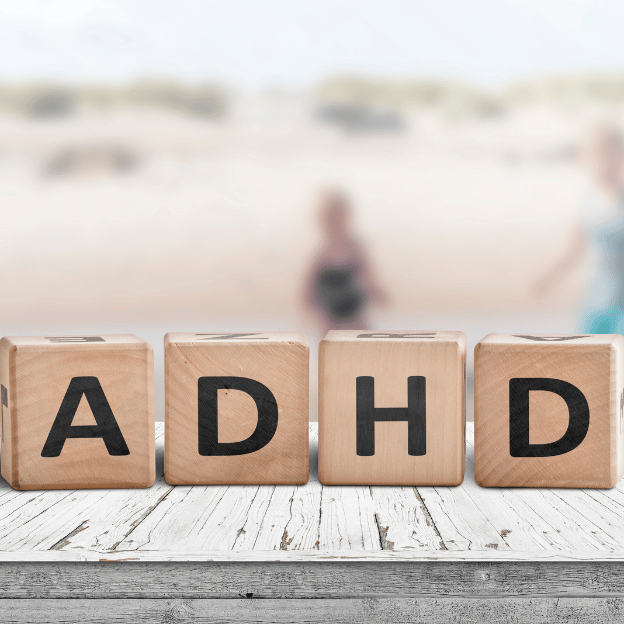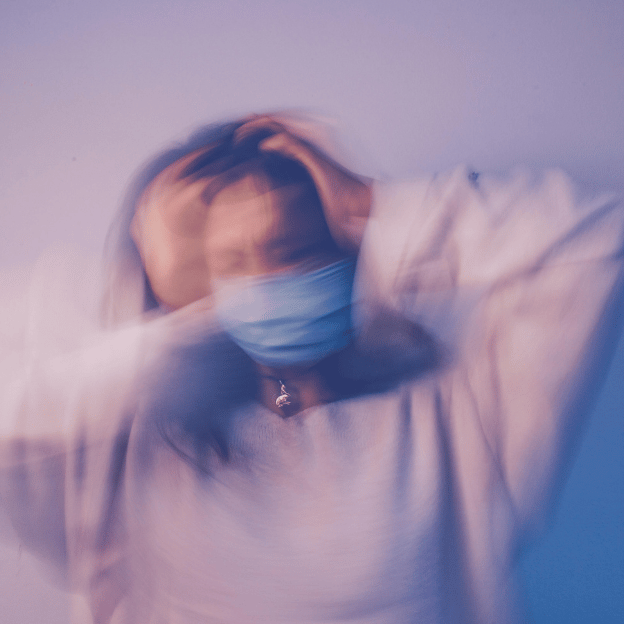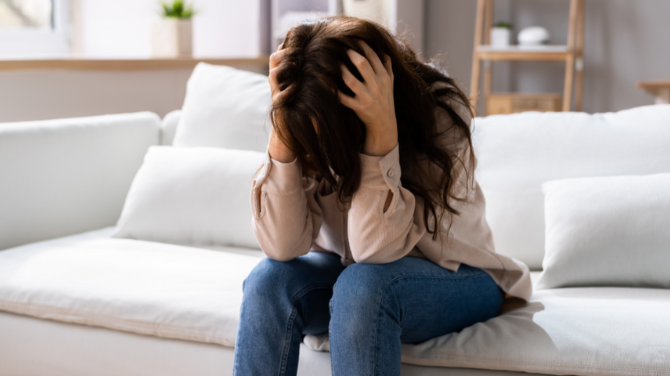Finding Light: How Therapy Helps with Depression

Strong 8k brings an ultra-HD IPTV experience to your living room and your pocket.
In today's fast-paced world, it's not uncommon to feel overwhelmed, stressed, and anxious. For many individuals, these feelings can escalate into something more serious - depression. Depression is a mood disorder that causes persistent feelings of sadness and loss of interest in activities. It can affect how you think, feel, and handle daily activities. If left untreated, depression can have a devastating impact on your mental and physical health. However, with the help of therapy, you can find light at the end of the tunnel.
Understanding Depression
Depression is a common and serious medical illness that negatively affects how you feel, the way you think, and how you act. It can lead to a variety of emotional and physical problems and can decrease a person's ability to function at work and at home. Some of the common symptoms of depression include:
Persistent sad, anxious, or "empty" mood
Feelings of hopelessness or pessimism
Irritability
Loss of interest or pleasure in hobbies and activities
Fatigue and decreased energy
Changes in appetite or weight
Difficulty concentrating
Thoughts of death or suicide
It's important to note that Depression is not a sign of weakness or something that you can simply "snap out of." It is a real and serious condition that requires professional help and support.
How Therapy Can Help with Depression
Therapy, also known as counseling or psychotherapy, is a crucial component in treating depression. Therapy provides a safe and supportive environment where individuals can explore their thoughts, feelings, and behaviors. Here are some ways in which therapy can help with depression:
Identifying Underlying Issues: Therapy can help individuals identify and explore the underlying issues that may be contributing to their depression. By understanding the root causes of their feelings, individuals can begin to address and work through them.
Learning Coping Strategies: Therapists can teach individuals effective coping strategies to deal with the symptoms of depression. This may include relaxation techniques, stress management skills, and positive self-talk.
Setting Realistic Goals: Therapy can help individuals set realistic and achievable goals for themselves. By breaking down overwhelming tasks into smaller, more manageable steps, individuals can make progress and feel a sense of accomplishment.
Building Support Networks: Therapy can help individuals build strong support networks with family and friends. By strengthening these relationships, individuals can receive the emotional support and encouragement they need to navigate through their depression.
Promoting Self-Care: Therapists can work with individuals to develop healthy self-care routines. This may include regular exercise, proper nutrition, and adequate sleep - all of which can have a positive impact on mood and overall well-being.
Conclusion
Grief is a serious mental health condition that can have a profound impact on your life. However, with the help of therapy, you can learn to manage your symptoms, improve your mental health, and find light in the darkness. If you or someone you know is struggling with depression, don't hesitate to reach out for help. Remember, you're not alone, and there is always hope for a brighter tomorrow.
Note: IndiBlogHub features both user-submitted and editorial content. We do not verify third-party contributions. Read our Disclaimer and Privacy Policyfor details.







